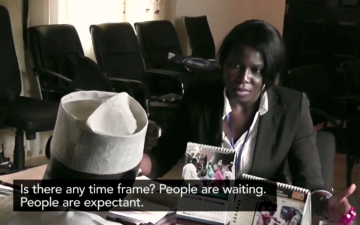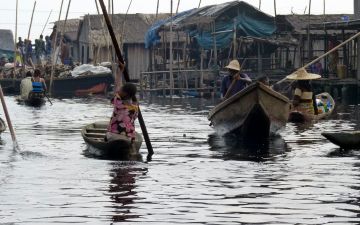Any state of affairs that leads to the death of almost 200,000 toddlers annually deserves to be branded an emergency, and this is the case for Nigeria's water and sanitation system.
With little accountability, transparency or clear management structure, abandoned water and sanitation projects are ubiquitous. Those that have been completed are often not sustainable, with some breaking down within weeks of commissioning and with no one being held responsible.
In Benue, a state that mirrors conditions in almost every other state in the federation, safe drinking water remains a luxury. Pipe-borne water in Makurdi, the state's capital, is practically absent and where it is available, the supply is erratic and the bulk of the pipe network is old and rusty. Most residents rely on yard wells, water vendors and polluted streams that can be contaminated with human waste and disease-causing bacteria.
Ameto Akpe will investigate Nigeria's water and sanitation emergency in the context of the country's opaque financial management structure and policies. She will show how ordinary Nigerians suffer the impact of a faulty system while their leaders, often a stone's throw away, enjoy benefits that could be available to all.
This project is part of a collaborative investigation into water access in West Africa in partnership with journalists from Nigeria, Ghana, Ivory Coast, Liberia and the United States.





